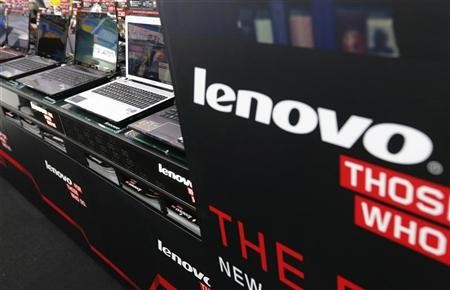Half of the Chinese population believe that locally made technology brands are at par with foreign ones and thus offer value for money, revealed a report published by U.K. research company Mintel Group.
After the research firm accumulated 3,000 responses from people aged betwen 20 and 49 from 10 Chinese cities, it was discovered that 58 percent of the respondents believe in the competitive quality of local technology brands. Further, 61 percent of the group said that domestic brands offer satisfactory quality.
"Chinese consumers believed domestic brands represented good value for money, but foreign brands, such as Apple and Samsung, are still viewed as being 'stylish' and 'innovative'," said Mintel senior analyst Huang Can.
In recent years, Chinese consumers have seen the rise of local technology brands like Xiaomi and Huawei that provide more competitive specs and price than foreign counterparts.
In terms of ranking in popularity, many Chinese brands also snag the top spots. In the tablet market, the top seven brands are Chinese (Lenovo, Teclast, Onda, Asus, Huawei, Cube, and Acer). The laptop and desktop markets are also dominated by China's domestic brands, such as Lenovo, Acer, Asus, Hasee, and Haier.
According to Huang, consumers nowadays not only consider value for money and customer service as important attributes for buying products, but also rely on the "high-end" perception of brands in shaping their buying decision.
The Mintel report showed that 71 percent of the respondents believe that "advertisement focusing on brand image gave me a good impression," while 75 percent affirm that the "brands that a person uses are a reflection of the lifestyle he or she seeks."
Mintel's report in 2013 indicated that, in Chinese households, 7.2 percent of the income was spent on technology products.
Additionally, for that year on a global scale, technology purchases amounted to 444.7 million units. Mintel forecast that the turnout will have a 15.5-percent increase by the end of 2014 to a total unit purchase of 513.5 million.



























